Scientists are making "acceptable advancement" in creating immunizations against COVID-19, with a bunch in late-stage preliminaries, yet their first use can't be normal until mid-2021, a World Health Organization (WHO) master said on Wednesday.
WHO is attempting to guarantee reasonable antibody dissemination, yet meanwhile it is critical to stifle the infection's spread, said Mike Ryan, top of WHO's crises program, as every day new cases the world over are at close record levels.
"We're gaining acceptable ground," Ryan stated, taking note of that few antibodies were currently in stage 3 preliminaries and none had fizzled, up until now, as far as wellbeing or capacity to create an invulnerable reaction.
"Reasonably it will be the initial segment of one year from now before we begin seeing individuals getting inoculated," he told an open occasion via web-based networking media.
WHO was attempting to grow access to likely immunizations and to help scale-up creation limit, Ryan said.
"What's more, we should be reasonable about this, since this is worldwide decent. Antibodies for this pandemic are not for the well off, they are not for poor people, they are for everyone," he said.
The U.S. government will pay $1.95 billion to purchase 100 million dosages of a COVID-19 antibody being created by Pfizer Inc and German biotech BioNTech in the event that it demonstrates protected and powerful, the organizations said.
Ryan additionally forewarned schools to be cautious about re-opening until network transmission of COVID-19 is leveled out. Discussion in the United States over restarting training has heightened, even as the pandemic erupts in many states.
"We need to do everything conceivable to take our kids back to class, and the best thing we can do is to stop the infection in our locale," he said. "Supposing that you control the illness in the network, you can open the schools."
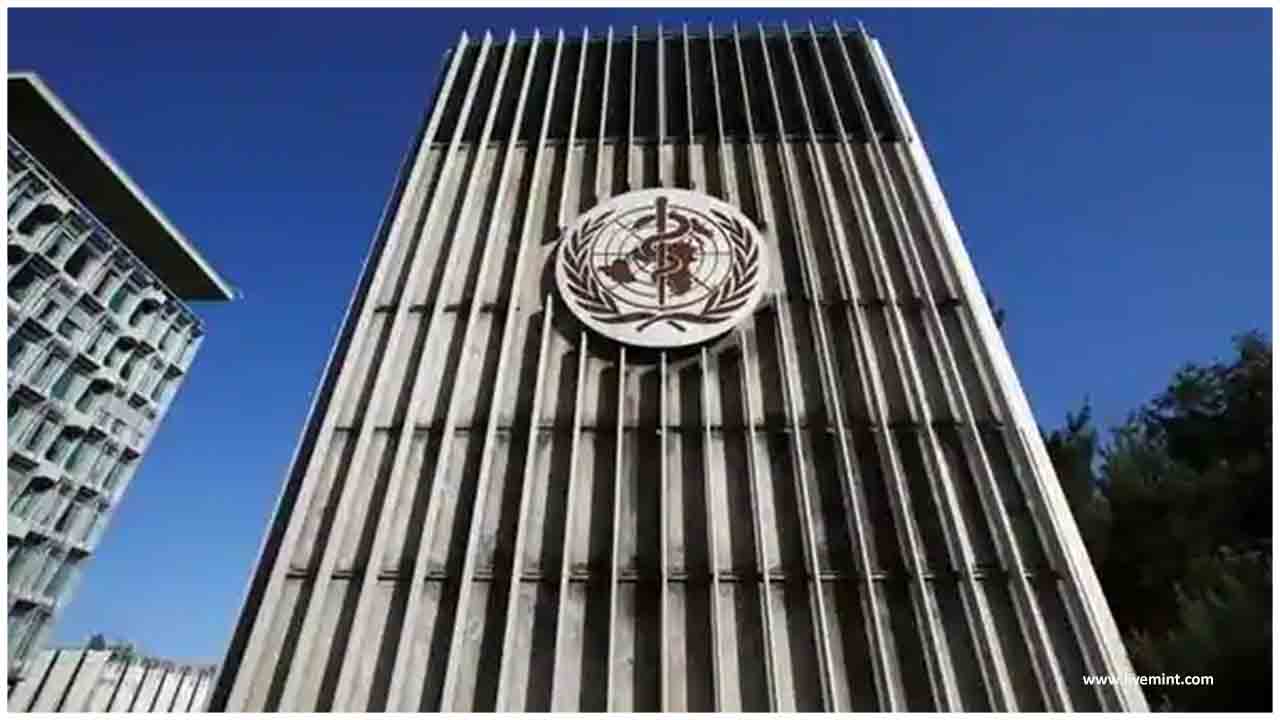
 Mike Ryan, head of WHO's emergencies programme said several vaccines were now in phase 3 trials and none had failed
Mike Ryan, head of WHO's emergencies programme said several vaccines were now in phase 3 trials and none had failed






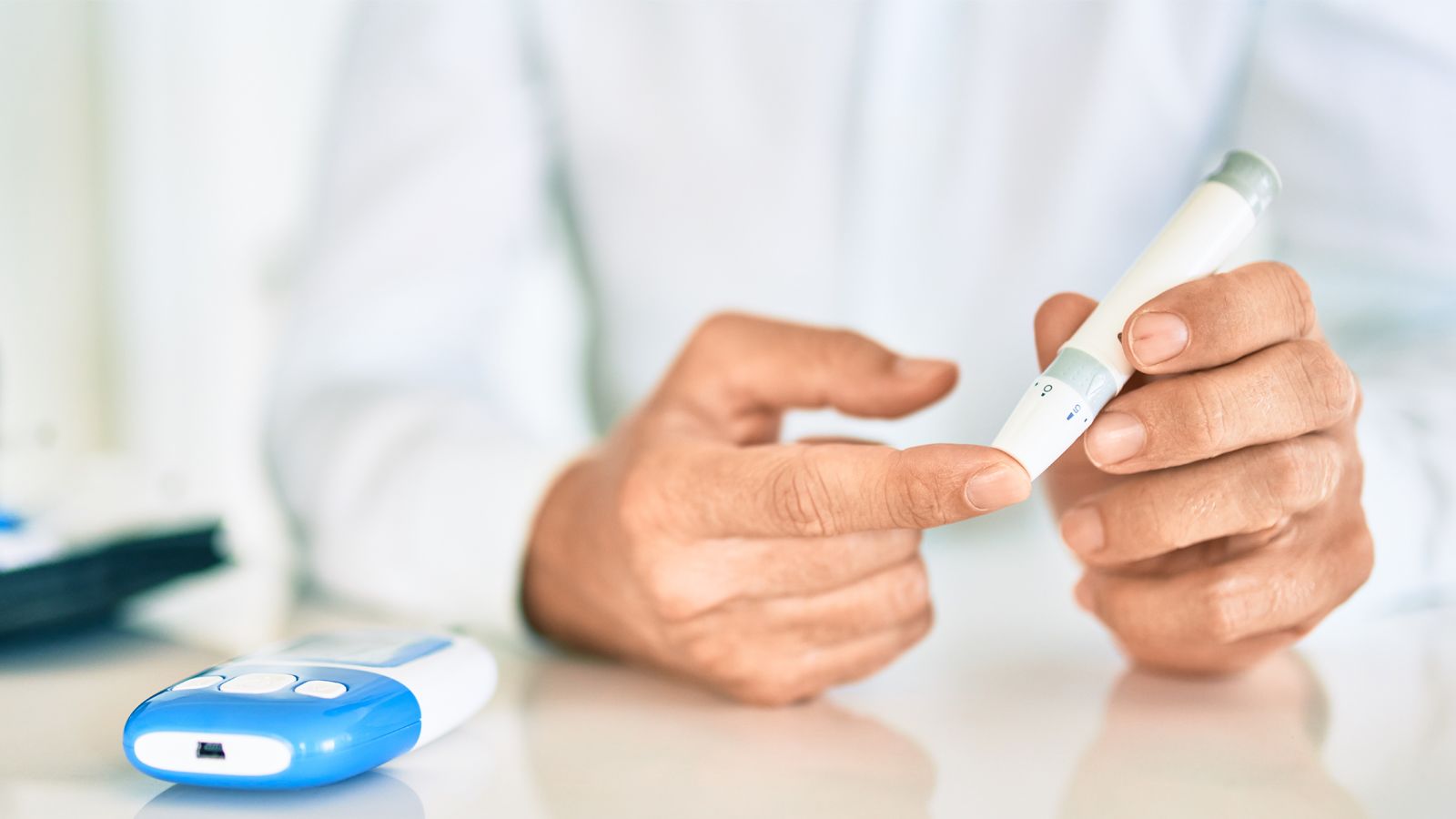
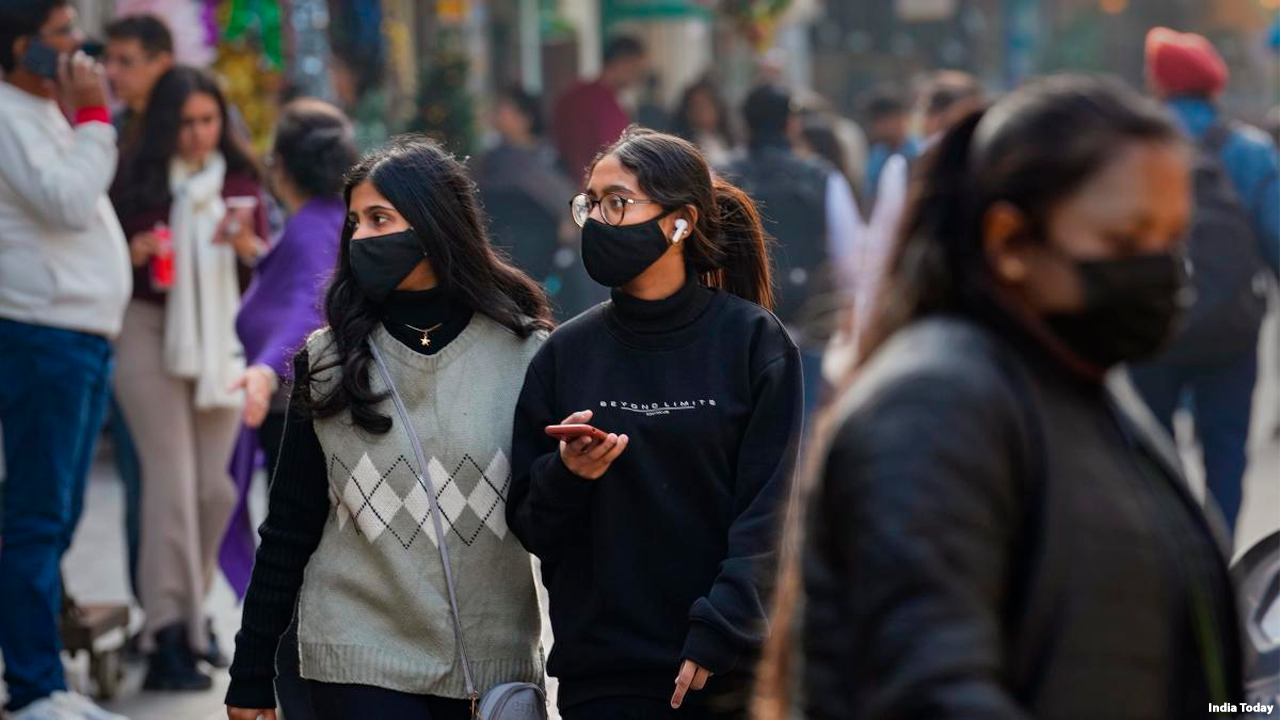
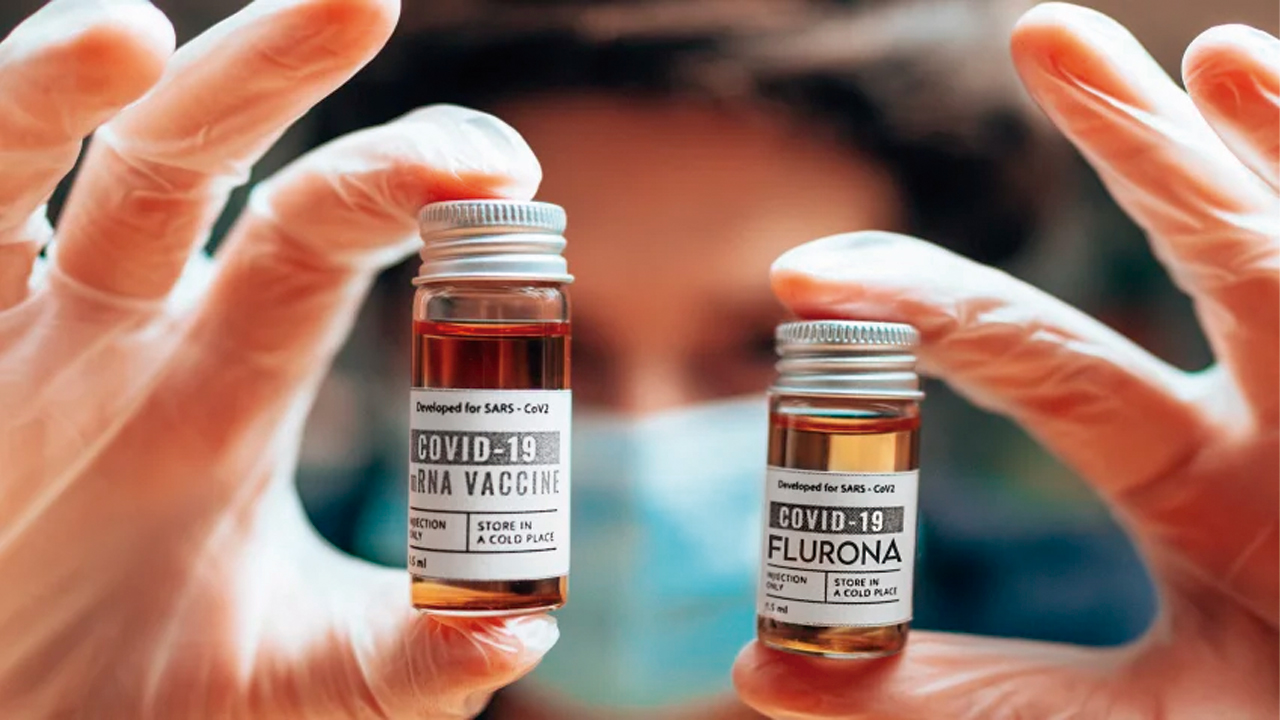
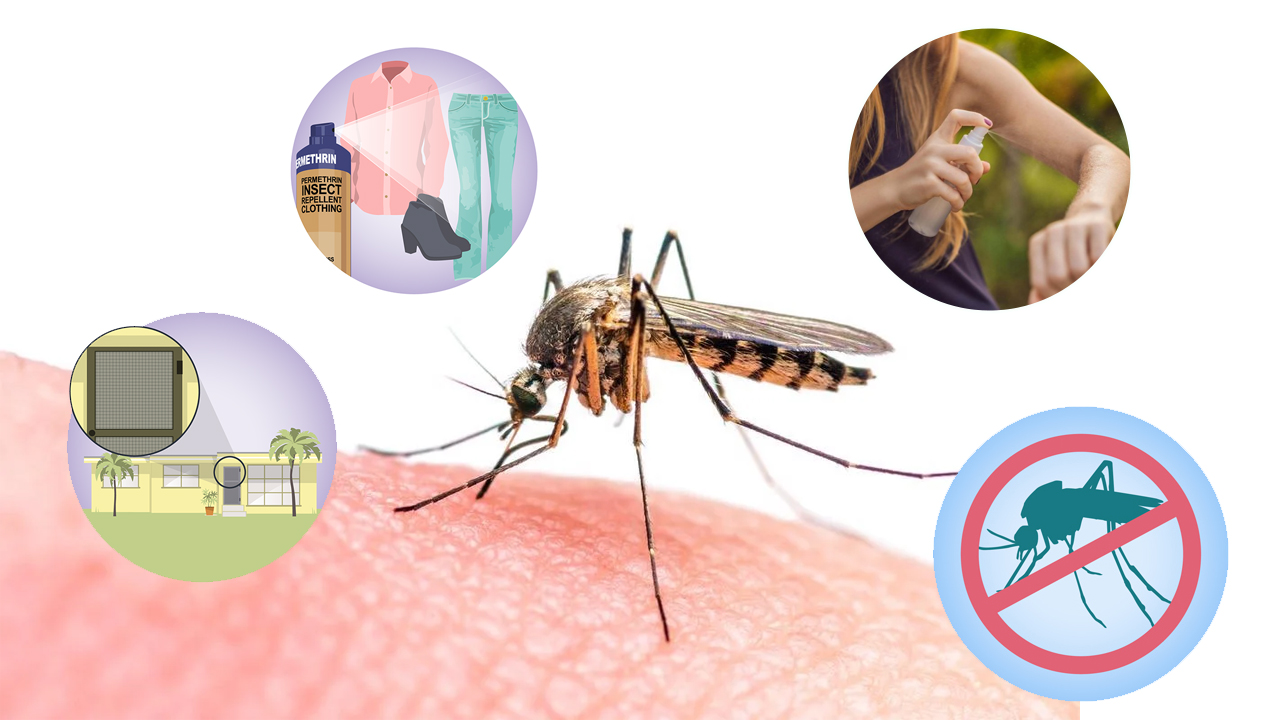
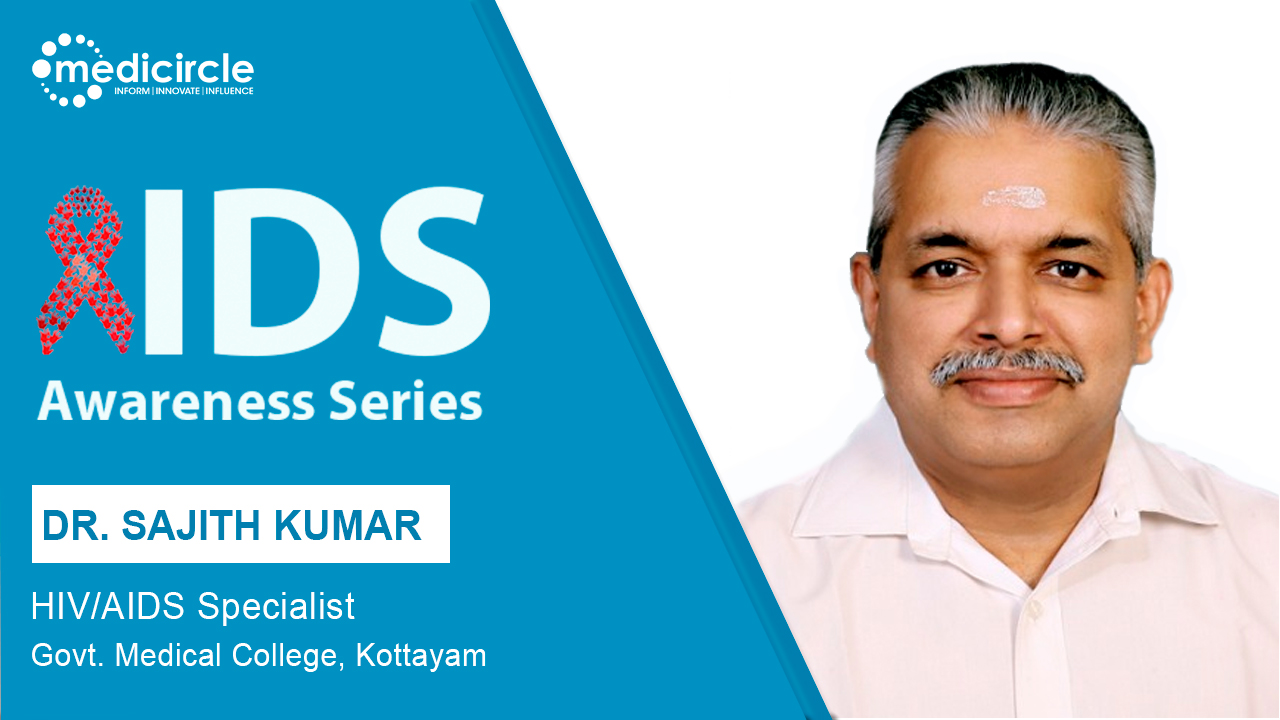

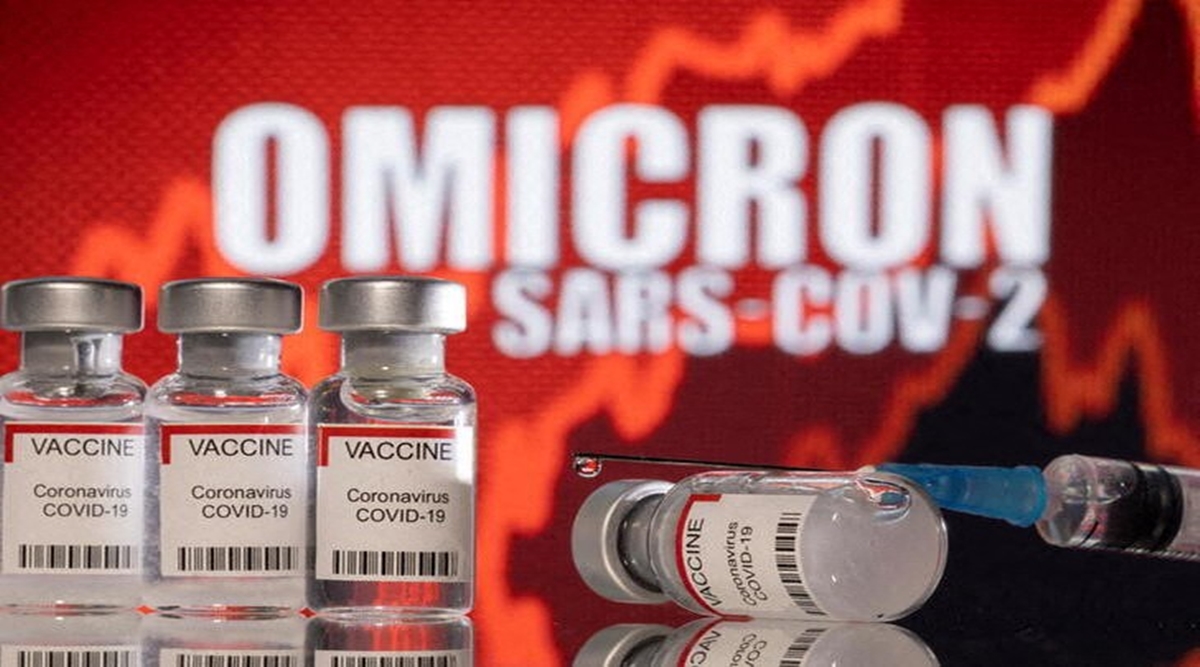





.jpeg)

.jpeg)










.jpg)




.jpg)

